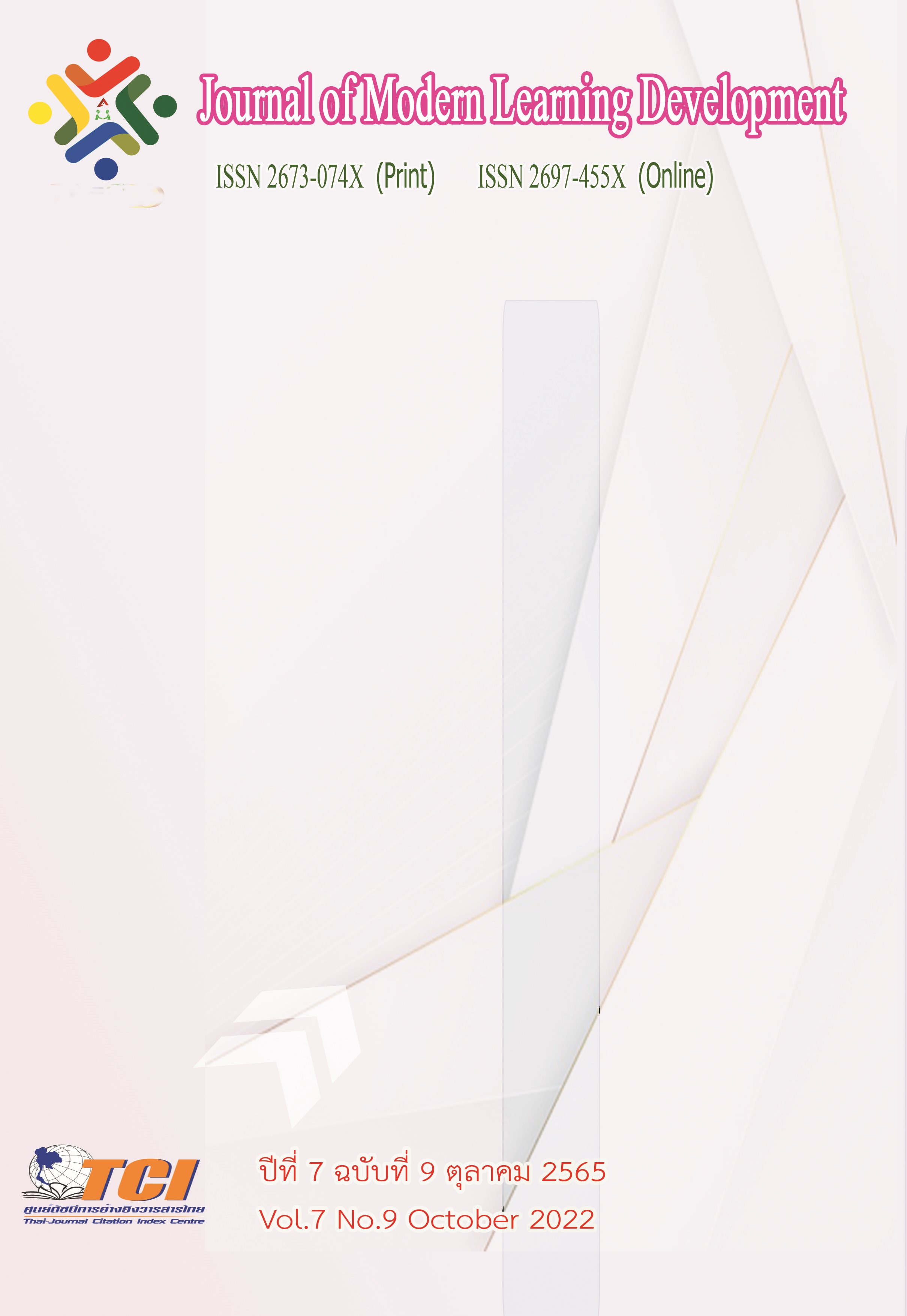ผลสัมฤทธิ์การดำเนินการสู่ความเป็นมหาวิทยาลัยสีเขียว
Main Article Content
บทคัดย่อ
มหาวิทยาลัยสีเขียว คือ มหาวิทยาลัยที่มีระบบการบริหารจัดการที่มีประสิทธิภาพ ภายใต้แนวคิด การมีส่วนร่วมของประชาคม ในการรักษาสิ่งแวดล้อมและการประหยัดพลังงาน มีการใช้ทรัพยากรอย่างคุ้มค่า ส่งเสริมการใช้ พลังงานทดแทน การบูรณาการด้านการอนุรักษ์พลังงานและสิ่งแวดล้อมเข้าไปในการจัดการเรียนการสอน การค้นคว้าวิจัย การบริการวิชาการ และในทุกกิจกรรมของมหาวิทยาลัย ทั้งนี้เพื่อให้เกิดการทํางานในบรรยากาศที่มีความปลอดภัย เป็นมิตรกับสิ่งแวดล้อมและประหยัดพลังงาน อันก่อให้เกิดผลดีต่อสิ่งแวดล้อมและชุมชน
บทความนี้ประกอบด้วย ส่วนของบทนำ ที่กล่าวถึงแนวคิดมหาวิทยาลัยสีเขียว ส่วนของเนื้อหา ที่กล่าวถึงแนวคิดเกี่ยวกับการเป็นมหาวิทยาลัยสีเขียว หลักเกณฑ์การเป็นมหาวิทยาลัยสีเขียวของ Universitas Indonesia แนวคิดที่เกี่ยวข้อง ปัจจัยที่ส่งผลต่อการดำเนินการสู่ความเป็นมหาวิทยาลัยสีเขียวและปัจจัยแห่งความสำเร็จของมหาวิทยาลัยสีเขียวที่ยั่งยืน
Article Details
เอกสารอ้างอิง
เกรียงศักดิ์ เจริญวงศ์ศักดิ์. (2555). มหาวิทยาลัยสีเขียว อีกหนึ่งความห่วงใยใส่ใจสังคม. ออนไลน์. สืบค้น 25 พฤษภาคม 2565. แหล่งที่มา: http://www.oknation.net/blog/kriengsak/2008/02/07/entry-1
โกวิทย์ พวงงาม. (2553). แนวคิดเกี่ยวกับธรรมาภิบาลท้องถิ่นว่าด้วยการมีส่วนร่วมและความโปร่งใส. กรุงเทพมหานคร: มูลนิธิส่งเสริมการปกครองท้องถิ่น.
คณะกรรมการการอุดมศึกษา, สำนักงาน. (2555). แผนพัฒนาการศึกษาระดับอุดมศึกษา ฉบับที่ 11 (พ.ศ.2555-2559). ออนไลน์. สืบค้น 25 พฤษภาคม 2565, แหล่งที่มา: http://planning.nida.ac. th/main/images/Planning%20Division/Plan/PlanHEdu11_2555-2559.pdf
คลังสมองของชาติ, สถาบัน. (2557). เอกสารประกอบการประชุม Green Campus Workshop วันที่ 20 กุมภาพันธ์ 2557 ณ ห้องประชุมจามจุรี 2 ชั้น M โรงแรมปทุมวันปริ้นเซส.
จินตวีร์ เกษมศุข. (2554). การสื่อสารกับการเปลี่ยนแปลงของสังคม. กรุงเทพมหานคร: จุฬาลงกรณ์มหาวิทยาลัย.
ฐิติกรณ์ ยาวิไชย จารึกศิลป์. (2559). กลยุทธ์การบริหารสถาบันอุดมศึกษาตามแนวคิดการเป็นมหาวิทยาลัยสีเขียว. ครุศาสตรดุษฎีบัณฑิต สาขาวิชาบริหารการศึกษา ภาควิชานโยบาย การจัดการและความเป็นผู้นำทางการศึกษา คณะครุศาสตร์ จุฬาลงกรณ์มหาวิทยาลัย.
ถวิลวดี บุรีกุล. (2550). ทศธรรม : ตัวชี้วัดการบริหารกิจกรรมบ้านเมืองที่ดี. กรุงเทพมหานคร: สถาบันพระปกเกล้า.
ปิยะมาศ สามสุวรรณ. (2555). การมีส่วนร่วมของนักศึกษาต่อการจัดการสิ่งแวดล้อมที่เกี่ยวข้องกับกิจกรรมการเรียนการสอนในมหาวิทยาลัยลงขลานครินทร์ วิทยาเขตสุราษฏร์ธานี. วิทยานิพนธ์วิทยาศาสตรบัณฑิต มหาวิทยาลัยสงขลานครินทร์ วิทยาเขตหาดใหญ่.
โมทนา สิทธิพิทักษ์, สิริฉันท์สถิรกุล และคณะ. (2564). ปัจจัยแห่งความสำเร็จของมหาวิทยาลัยสีเขียวที่ยั่งยืน.
วารสารครุศาสตร์ จุฬาลงกรณ์มหาวิทยาลัย. 49 (2), 1-10
อิสรี รอดทัศนา. (2558). มหาวิทยาลัยสีเขียว. วารสารมหาวิทยาลัยหัวเฉียวเฉลิมพระเกียรติวิชาการ, 18 (36), 171-186.
Universitas Indonesia. (2015). UI Green Metric Ranking of World Universities 2012 2. Online. Available at http://greenmetric.ui.ac.id/ [25/5/2022]


